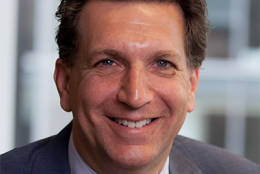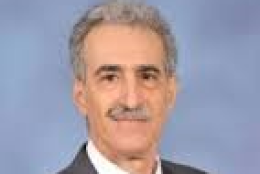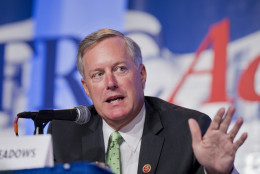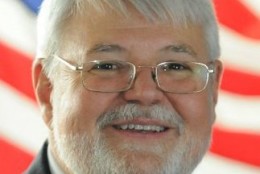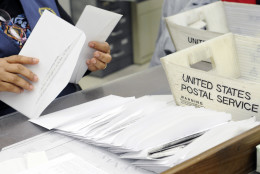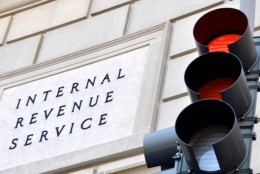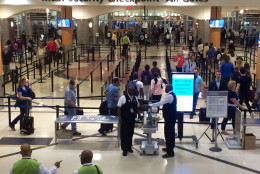Unions
-
Unions face a unique future as robotics and the new Trump administration will challenge their existence. Richard Levick, founder and CEO of Levick, discusses how unionized labor will need to adapt to stay relevant, plus whether unions can transition to more white-collar labor as automation gradually eliminates more and more blue-collar jobs in America.
January 02, 2017 -
Both the U.S. Postal Service and its labor unions have been pleading with Congress for several years, hoping for a reform bill that would help return USPS to financial health. It hasn’t happened yet, but the start of a new Congress in January brings another chance for lawmakers to try. Mark Dimondstein, president of the American Postal Workers Union, which represents about 200-thousand postal employees. We recorded a wide-ranging interview earlier this week about the union’s priorities on Federal Drive with Tom Temin.
December 21, 2016 -
The Office of Personnel Management is giving federal employees and retirees an extra day to make changes to, enroll or cancel their dental or vision plans.
December 13, 2016 -
Why would federal workers boo a president for giving them a 9 percent pay raise, then cheer another one for a 2.1 percent increase? Senior Correspondent Mike Causey says timing is everything.
December 12, 2016 -
An oversight subcommittee wants to know whether time and attendance abuse at the U.S. Patent and Trademark Office is widespread or the product of incomplete reporting.
December 08, 2016 -
For J. David Cox, national president for the American Federation of Government Employees, the outcome of the 2016 presidential election came down to "bread and butter issues." And those are challenges that his union, which represents more than 309,000 federal employees, will rally for with the start of the new administration as well.
December 07, 2016 -
Jeff Neal, former chief human capital officer at DHS, ponders how the new administration will handle federal employee unions.
December 01, 2016 -
The U.S. Postal Service, having faced years of financial hardship, posted a $5.6 billion net loss for fiscal 2016, despite an increase in revenue this year.
November 16, 2016 When President-elect Donald Trump takes office in January 2017, what does that mean for the federal government? Find out on this week on Fed Access when Government Executive Staff Correspondent Eric Katz joins host Derrick Dortch. November 18, 2016
November 10, 2016-
The National Treasury Employees Union and Office of Personnel Management are battling in court on whether or not a judge should dismiss a lawsuit against the agency, stemming from the 2015 data breach.
October 31, 2016 -
The council also revealed an annual study from the Office of Personnel and Management and Bureau of Labor Statistics, which measures the pay gap between federal employees and private sector workers.
October 28, 2016 -
The National Active and Retired Federal Employees Association released its voting scorecard for the 114th Congress. The scorecard includes a breakdown of votes from each congressional member and how they stacked up to NARFE's position on various legislation impacting the federal workforce.
October 03, 2016 -
Rather than outsource the work of delinquent tax collection, thousands of IRS employees set to lose their jobs in the next eight years could be retrained on how to do the work.
September 27, 2016 -
The Senior Executives Association named Bill Valdez as the next SEA president. Valdez has been a member of SEA since 2000, served on the board of Directors since 2005 and chaired the board for two years, from 2011 to 2013.
September 20, 2016 -
TSA released a determination on collective bargaining on Aug. 25, which changed some of the rules between the agency and the union. AFGE and TSA are currently involved in extended contract negotiations after TSA employees voted down the agreement reached in late 2015.
August 30, 2016

